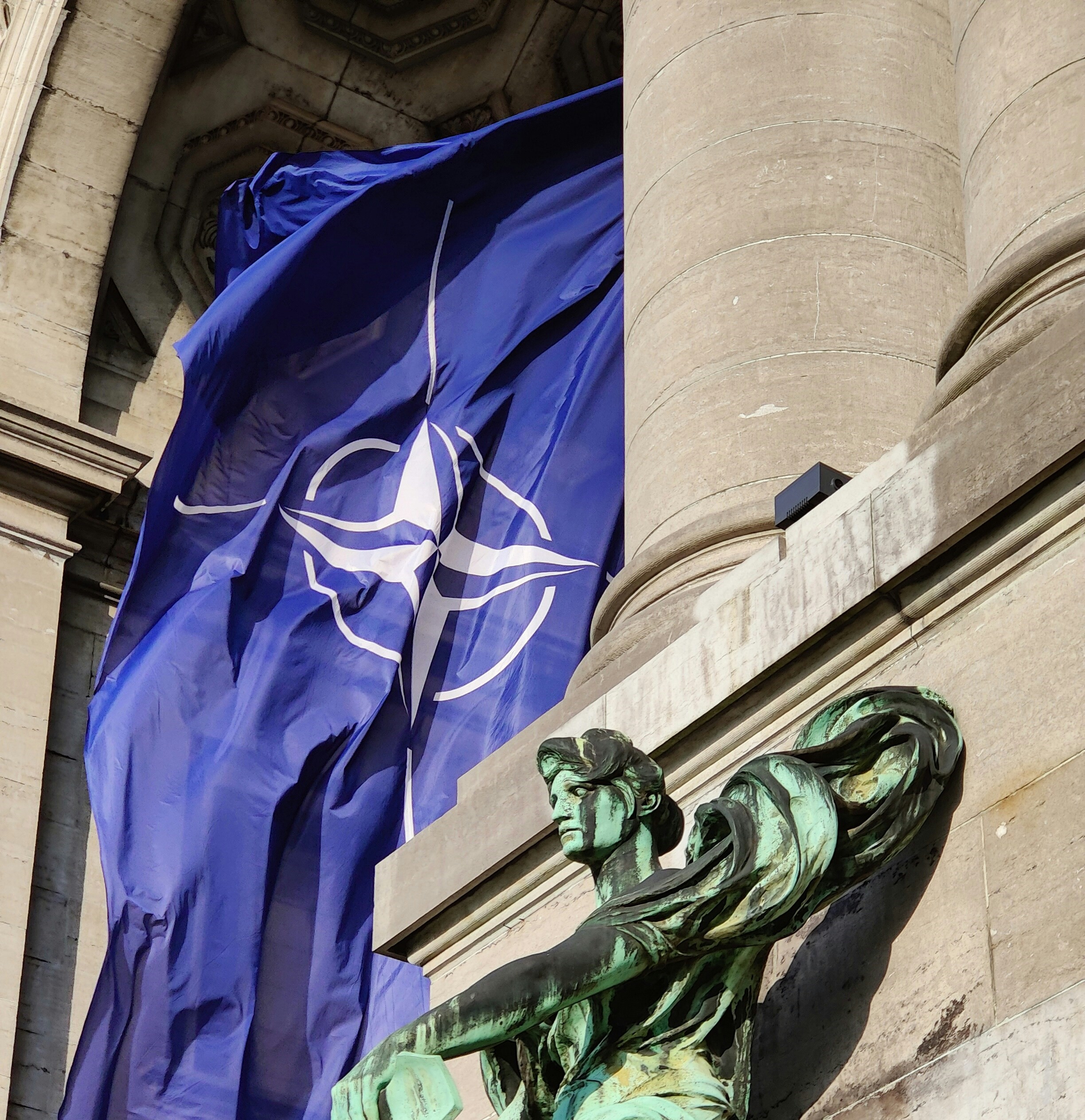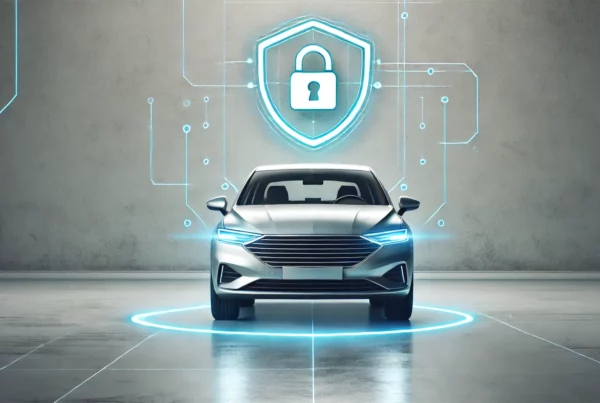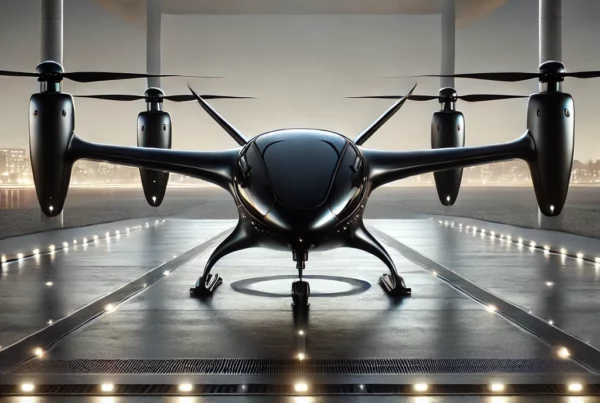Europe’s Strategic Reset: Defence Innovation in the Face of Uncertain US Alliances
The re-election of Donald Trump has sent ripples through the international order, with Europe now facing the very real prospect of a less reliable transatlantic security partnership. As Trump signals a renewed America First doctrine and casts doubt over longstanding NATO commitments, European leaders are reassessing the continent’s defence strategy and placing innovation at its heart.
For decades, Europe’s defence posture has depended heavily on US military support, both through NATO and bilateral alliances. But with geopolitical fault lines widening and Washington’s foreign policy priorities shifting, EU member states are accelerating efforts to bolster their own defence capabilities. This strategic reset is not only about increasing defence budgets or expanding armies, it’s about fundamentally rethinking how Europe defends itself in a rapidly evolving security environment.
Innovation as the New Arsenal
In Brussels, Paris, Berlin, and beyond, defence ministries are prioritizing technologies once confined to civilian markets: artificial intelligence, autonomous systems, cyber warfare, and space-based infrastructure. The European Defence Fund (EDF) has seen a surge in interest, with new calls for proposals focusing explicitly on next-generation technologies.
What’s particularly noteworthy in this moment is the emergence of a thriving startup culture within Europe’s defence sector. Long dominated by traditional defence giants like Airbus, Leonardo, and RENK, the European defence ecosystem is opening its doors to smaller, agile tech firms capable of rapid prototyping and disruptive thinking.
Europe’s Defence Startups Take Flight
Across Europe, a new wave of defence startups is making its presence felt. In France, companies like Unseenlabs and Preligens are leveraging AI and satellite technology to provide advanced surveillance and reconnaissance capabilities. Germany’s Quantum-Systems is developing cutting-edge drones with autonomous navigation systems designed for complex battlefield conditions.
Unlike their American counterparts in Silicon Valley, many of whom have traditionally shied away from defence contracts, European startups are increasingly embracing the sector as both a moral imperative and a significant commercial opportunity.
Policy Shifts and Collaborative Ecosystems
The European Commission and national governments are actively facilitating this innovation surge. Policies are being adapted to streamline procurement processes, offer early-stage funding, and foster cross-border collaboration. Initiatives like DIANA (Defence Innovation Accelerator for the North Atlantic) — a NATO-driven project designed to fast-track dual-use technologies — are helping startups bring concepts from the lab to operational deployment faster than ever before.
Moreover, Europe’s commitment to strengthening strategic autonomy has given political cover for this pivot. As leaders debate issues like joint procurement, European missile defence systems, and a possible rapid reaction force, there’s growing consensus that homegrown technology will be central to any credible future defence posture.
Looking Ahead
While challenges remain, from regulatory hurdles to public sensitivity around military applications of AI, Europe’s defence innovation landscape is transforming at unprecedented speed. Startups are no longer peripheral players but essential contributors to a new European security architecture built on resilience, agility, and technological edge.
As the geopolitical map continues to shift, Europe’s strategic reset is more than a defensive reaction to Washington’s unpredictability. It’s a proactive bid to reimagine what European security can look like in the 21st century and to ensure that, this time, Europe takes the lead.







